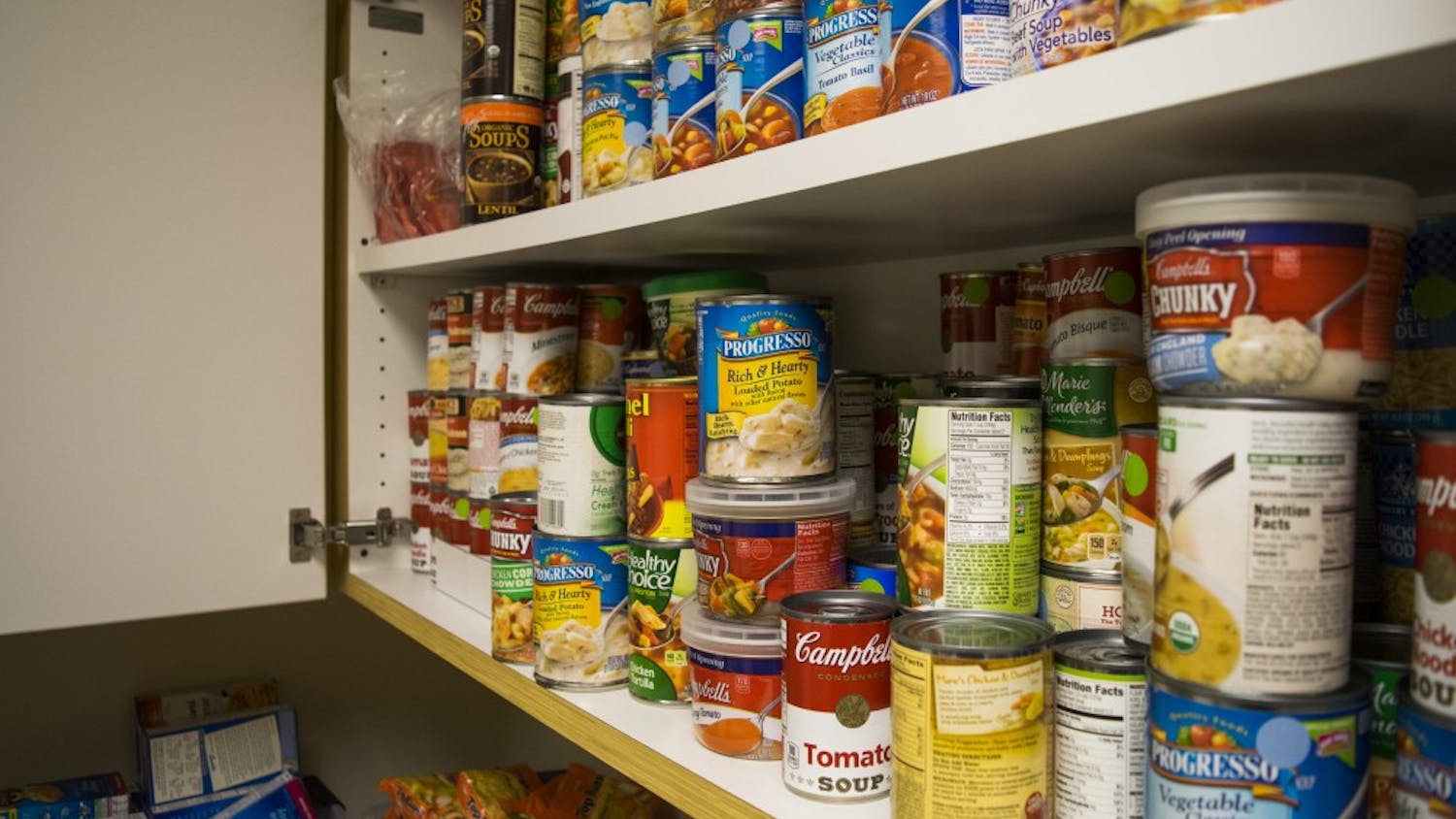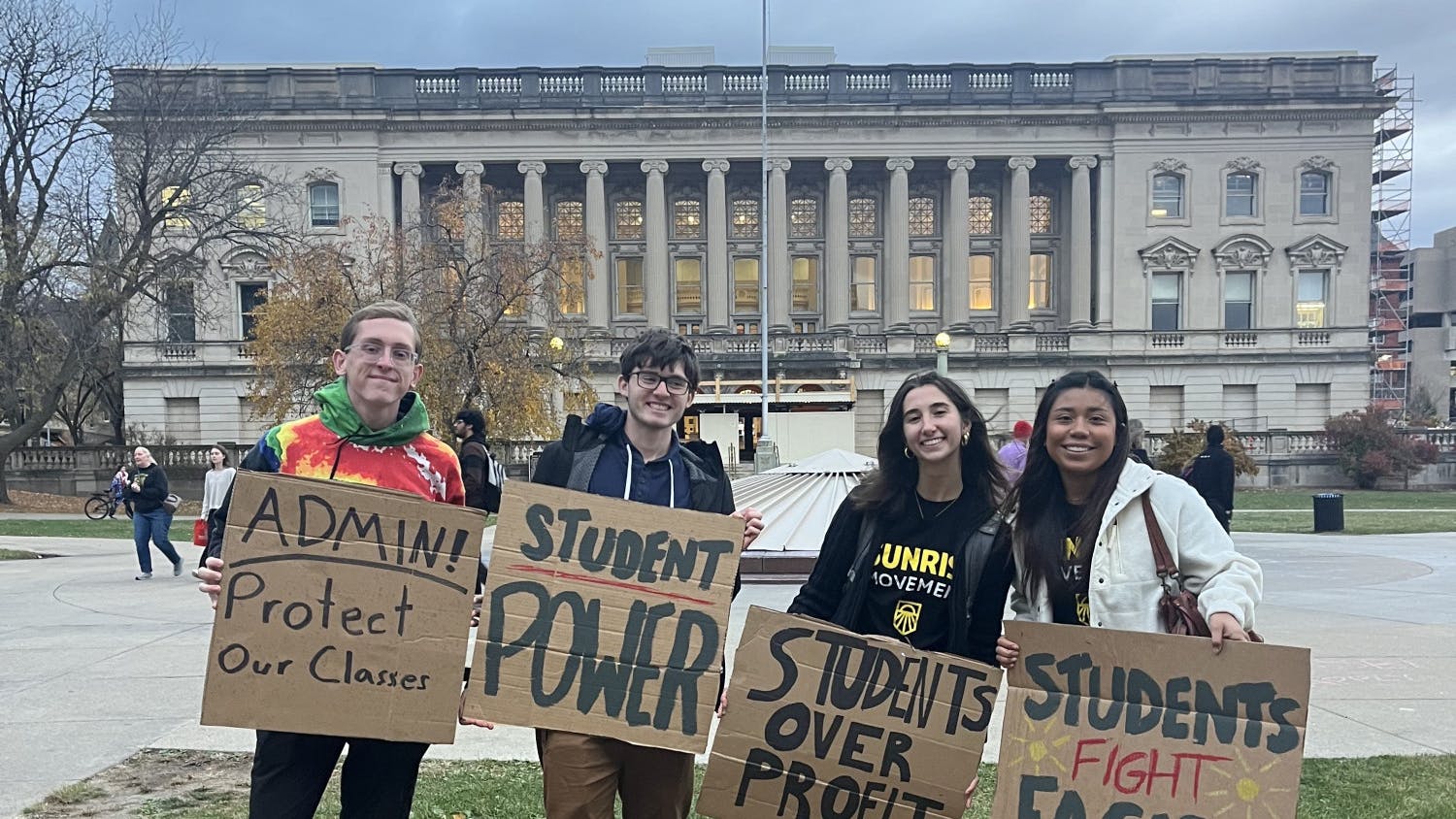A Wisconsin Appeals Court ruled Thursday to uphold a decision allowing the family of a Wisconsin man to inherit his estate, even though they allegedly assisted in his suicide.
Edward Schunk of Stanley, Wis., suffered from non-Hodgkins Lymphoma and died from a self-inflicted shotgun wound in January 2006.
Schunk's estate, valued at almost $500,000, was set to go to his wife and daughter, Linda and Megan Schunk.
Five of Edward's other children, who were to inherit nothing, challenged the will, alleging that Linda and Megan assisted in Edward's death by providing the shotgun and should therefore not inherit anything.
In Wisconsin, it is a felony to assist another in committing suicide, and if found guilty, one can face up to six years in prison.
However, the court ruled Thursday that Schunk is responsible for his own death.
Providing Edward with a loaded shotgun did not deprive him of his life,"" Judge Margaret Vergeront wrote in the case ruling. ""He deprived himself of life by shooting himself with the shotgun.""
Howard Erlanger, UW-Madison law professor, said assisted suicide is not clearly defined by law, especially when details are ambiguous.
Susan Armacost, legislative director of Wisconsin Right to Life, said the courts can prohibit someone from receiving an inheritance, but only in cases where there is ""intentional killing.""
When asked what impact this ruling will have on Wisconsin, Pro-Life Wisconsin Director Peggy Hammil said it is financially rewarding those who assist in the suicide of their family members rather than holding them accountable.
Armacost said the law needs to change and eliminate the incentive to assist in suicides.
""It's kind of like a go-ahead for citizens, giving them a financial motive to kill someone in their family. We realize that something has to be done to correct that loophole and the law, even though we have the law that prohibits assisted suicide,"" Armacost said.





